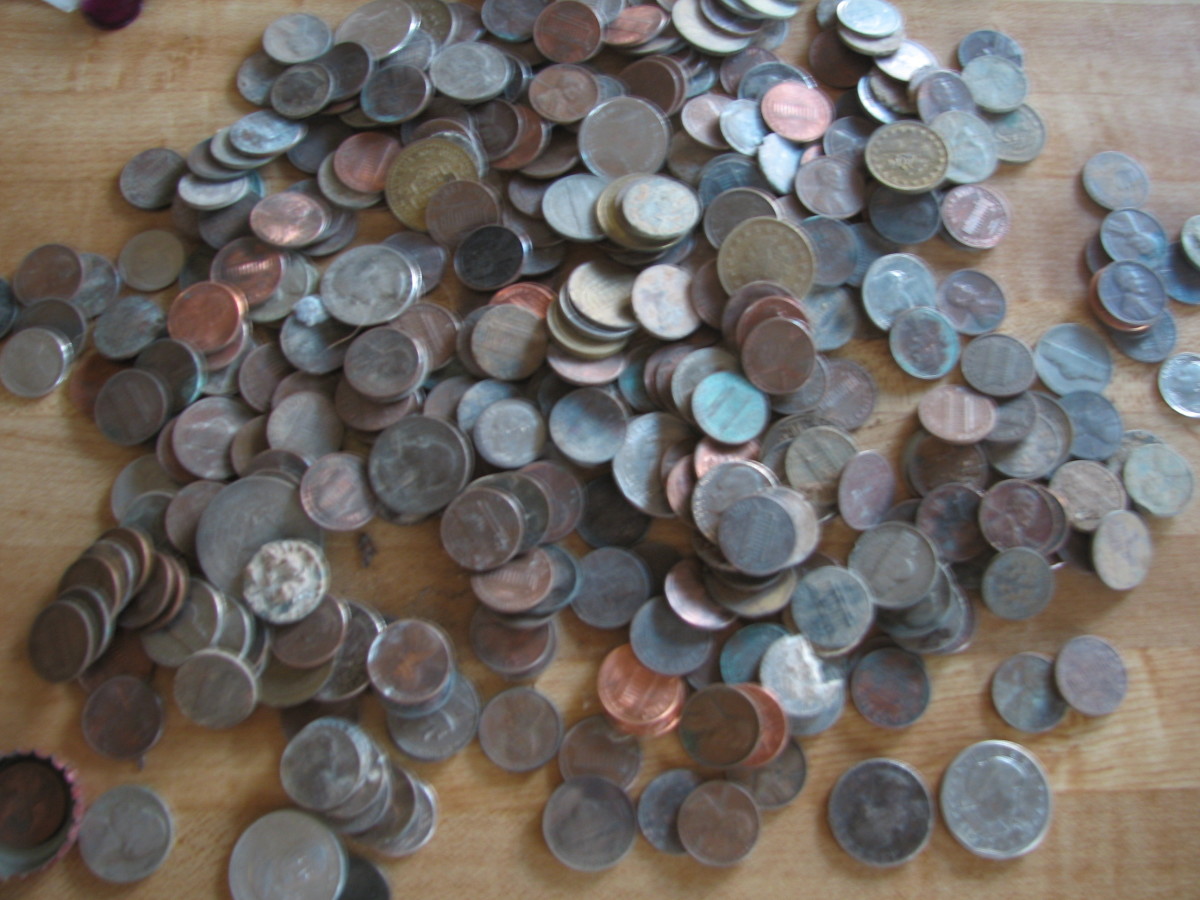Should You Hire a Judgment Collector to Collect Your Court Judgment?

If the courts have awarded you a judgment against a debtor, you may be tempted to hire a judgment collector in order to collect the court judgment. This is an option for many individuals who do not realize until it is too late that you have to actively enforce judgment collections - the court won’t do it for you.
Before You Hire a Judgment Collector - Evaluate Your Options
Most states will allow private creditors to take action against debtors such as wage garnishments, bank account levies and even property liens to collect their court judgment. If your state does not allow this, however, doing it could land you right back in court. This time you would be on the receiving end of the lawsuit. Make sure to check your state laws or check with an attorney before you begin the judgment collection process.
Collecting a Judgment Yourself
Judgment collectors work in your favor to collect a judgment by either attempting to collect from the debtor in the standard way (i.e. telephone calls and threatening letters) or by filing the necessary legal documents for you in order to secure a wage garnishment, bank levy or property lien.
If you don’t know where to begin, collecting your own judgment is as simple as waiting for the court that awarded you the judgment to prepare an order of judgment or abstract of judgment. Once this document is prepared, you may request a certified copy and begin the process of collecting. The court can help direct you where to go and what forms to fill out past this point.
State laws vary, but typically you must request a wage garnishment order or bank garnishment order from the court and have that order properly served via the sheriff to the debtor’s employer or financial institution. In the event that you would prefer a property lien, you will need to take your abstract of judgment to the property records office in your county to place the property lien.
When to Hire a Judgment Collector
Hiring a judgment collector is only necessary if you genuinely do not have the time or patience to deal with the legal paperwork that is required to collect the judgment yourself. As the judgment creditor, you have a legal right to your money. A judgment collector can help you get it back.
Before you sign a contract with a judgment collector, however, make sure that the judgment collector you select will take all possible action to recover the court judgment. Some judgment collectors are only glorified collection agencies and will not assist you with enforcing collection via legal means. In otherwords, they’ll charge you to call the debtor and inform him that he owes you money - something you could have done yourself for free.
Let An Attorney Collect Your Judgment
Attorneys are often the best, but the most expensive, judgment collectors since they have a working knowledge of the law and access to the court documents you need to proceed with the collection process. Working with an attorney will also give you a greater sense of security that your case is being handled since your judgment is being collected by a person you can talk to one on one rather than a nameless, faceless corporation.
Disclaimer: I am not an attorney and this is not to be taken as legal advice. See a licensed attorney in your state for guidance specific to your situation.








